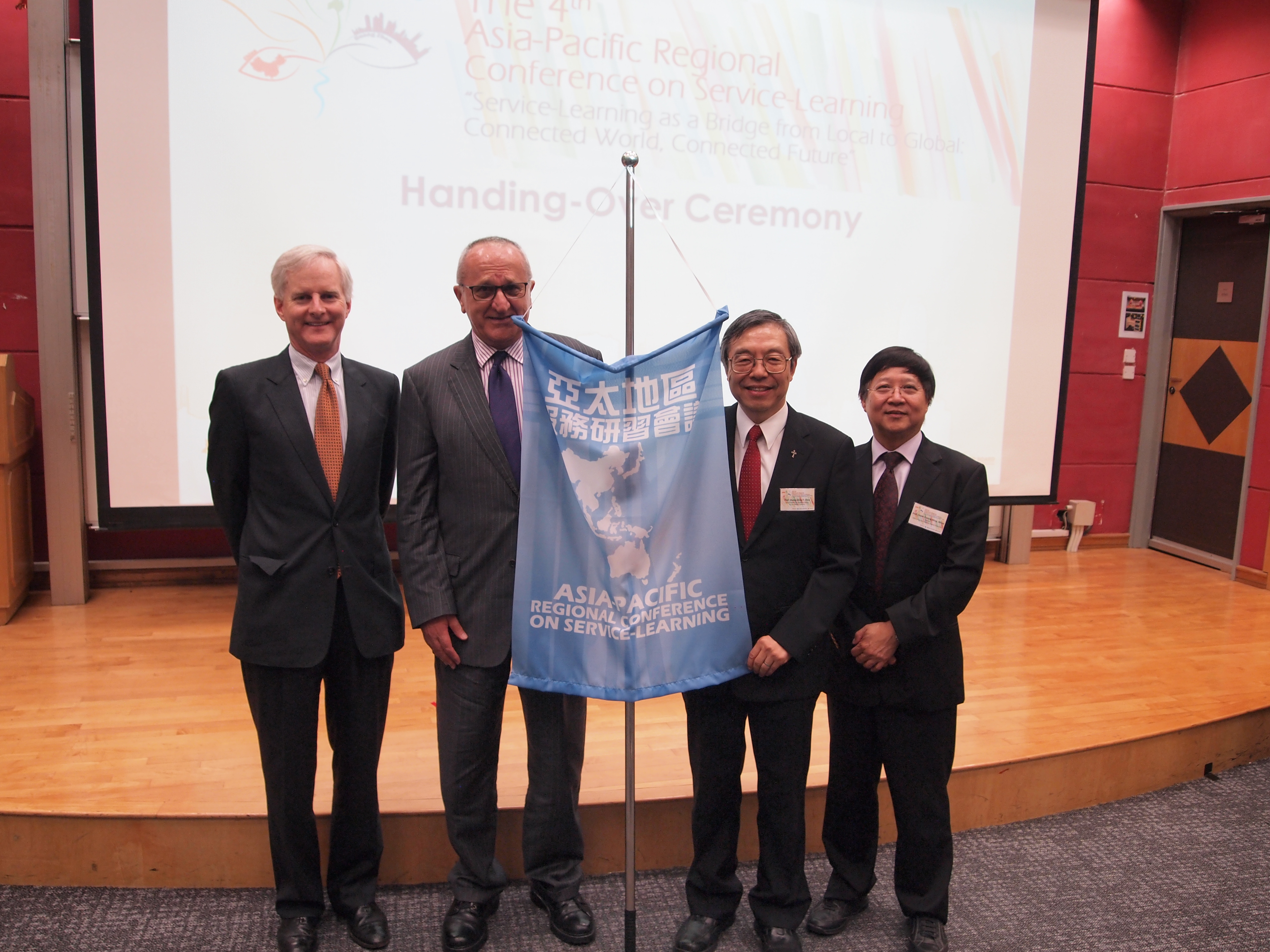Location
MD202, Paul Cardinal Shen Medical Building, Fu Jen University
Start Date
29-5-2015 1:30 PM
End Date
29-5-2015 2:40 PM
Description
Neighborhood plans allow local people to get the right type of development for their community, but the plans must still meet the needs of the wider area. The inhabitants living in low-income neighbourhood along the riverbank show their great energy and intelligence in the use of resources and evaluating priorities. They can weigh the relative merits of different strategies like short term discomfort and security, in return for long-term benefits such as independent space and income generating possibilities.
Service-Learning program is a development strategy which involves students, lecturers, and other NGO’s as well as communities. It is also a teaching and learning strategy that integrates meaningful community service. Through Service-Learning program students are motivated to solve the problems; understand and consider what they can do for the community; strengthen their sense of responsibility; become more trusted and credible and combine leadership potential with compassion.
This paper will share an experience of students from the Faculty of Architecture and Design - Duta Wacana Christian University, Yogyakarta in implementing the subject of Urban Planning and Design through Service-Learning method. The power of students and community engagement in Service-Learning activities can help the people living in low-income neighborhood along the riverbanks to improve their capability in making a development plan which is appropriate with their characteristics. Besides, the students can also improve their knowledge about Community Based Urban Planning and Design.
Recommended Citation
Bawole, P. (2015, May). The power of student and community engagement in service-learning activity for neighborhood planning and design along the riverbanks. Paper presented at the 5th Asia-Pacific Regional Conference on Service-Learning: Love Journey: Community Engagement through Service-Learning, Fu Jen Catholic University, Taiwan.
The power of student and community engagement in service-learning activity for neighborhood planning and design along the riverbanks
MD202, Paul Cardinal Shen Medical Building, Fu Jen University
Neighborhood plans allow local people to get the right type of development for their community, but the plans must still meet the needs of the wider area. The inhabitants living in low-income neighbourhood along the riverbank show their great energy and intelligence in the use of resources and evaluating priorities. They can weigh the relative merits of different strategies like short term discomfort and security, in return for long-term benefits such as independent space and income generating possibilities.
Service-Learning program is a development strategy which involves students, lecturers, and other NGO’s as well as communities. It is also a teaching and learning strategy that integrates meaningful community service. Through Service-Learning program students are motivated to solve the problems; understand and consider what they can do for the community; strengthen their sense of responsibility; become more trusted and credible and combine leadership potential with compassion.
This paper will share an experience of students from the Faculty of Architecture and Design - Duta Wacana Christian University, Yogyakarta in implementing the subject of Urban Planning and Design through Service-Learning method. The power of students and community engagement in Service-Learning activities can help the people living in low-income neighborhood along the riverbanks to improve their capability in making a development plan which is appropriate with their characteristics. Besides, the students can also improve their knowledge about Community Based Urban Planning and Design.

